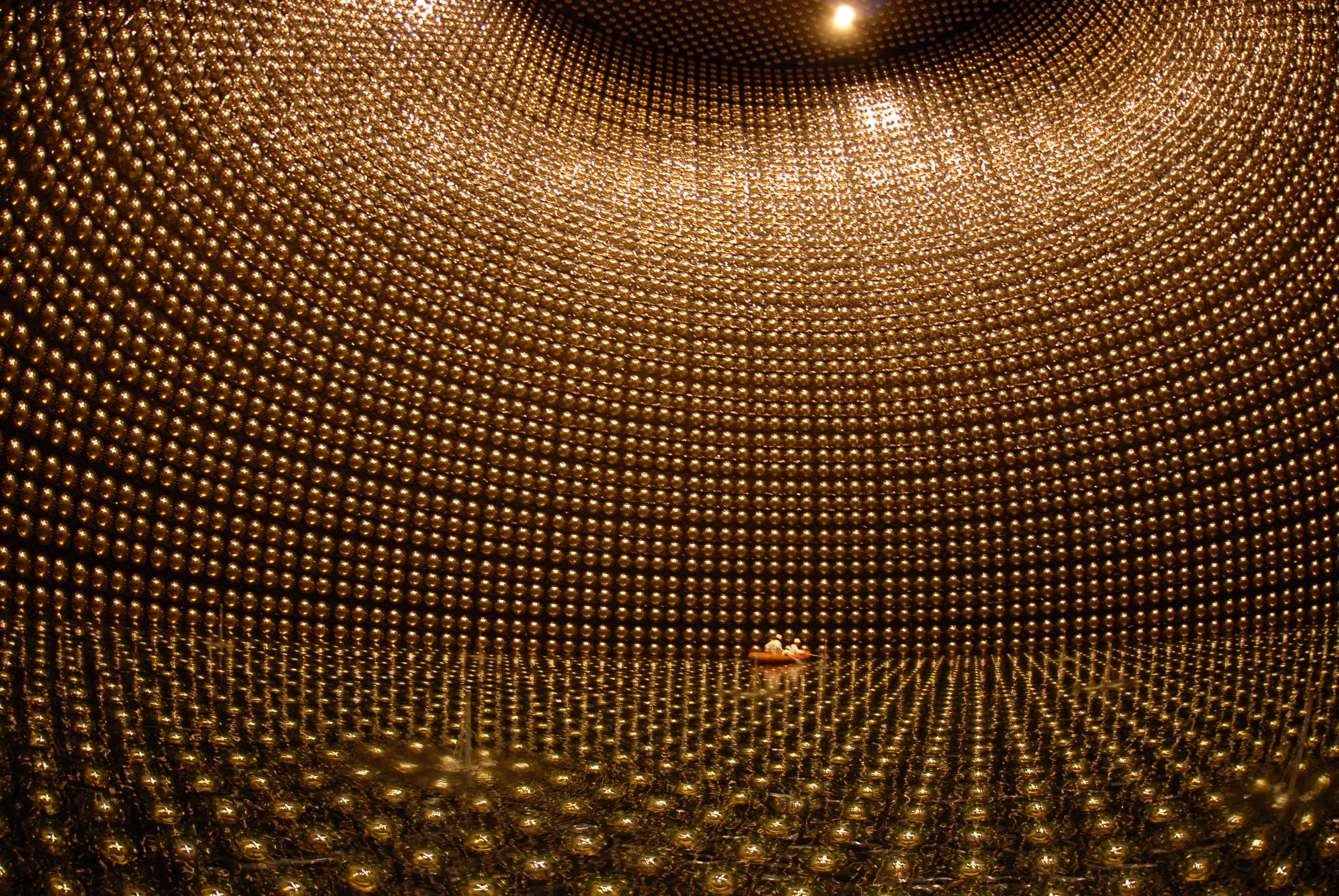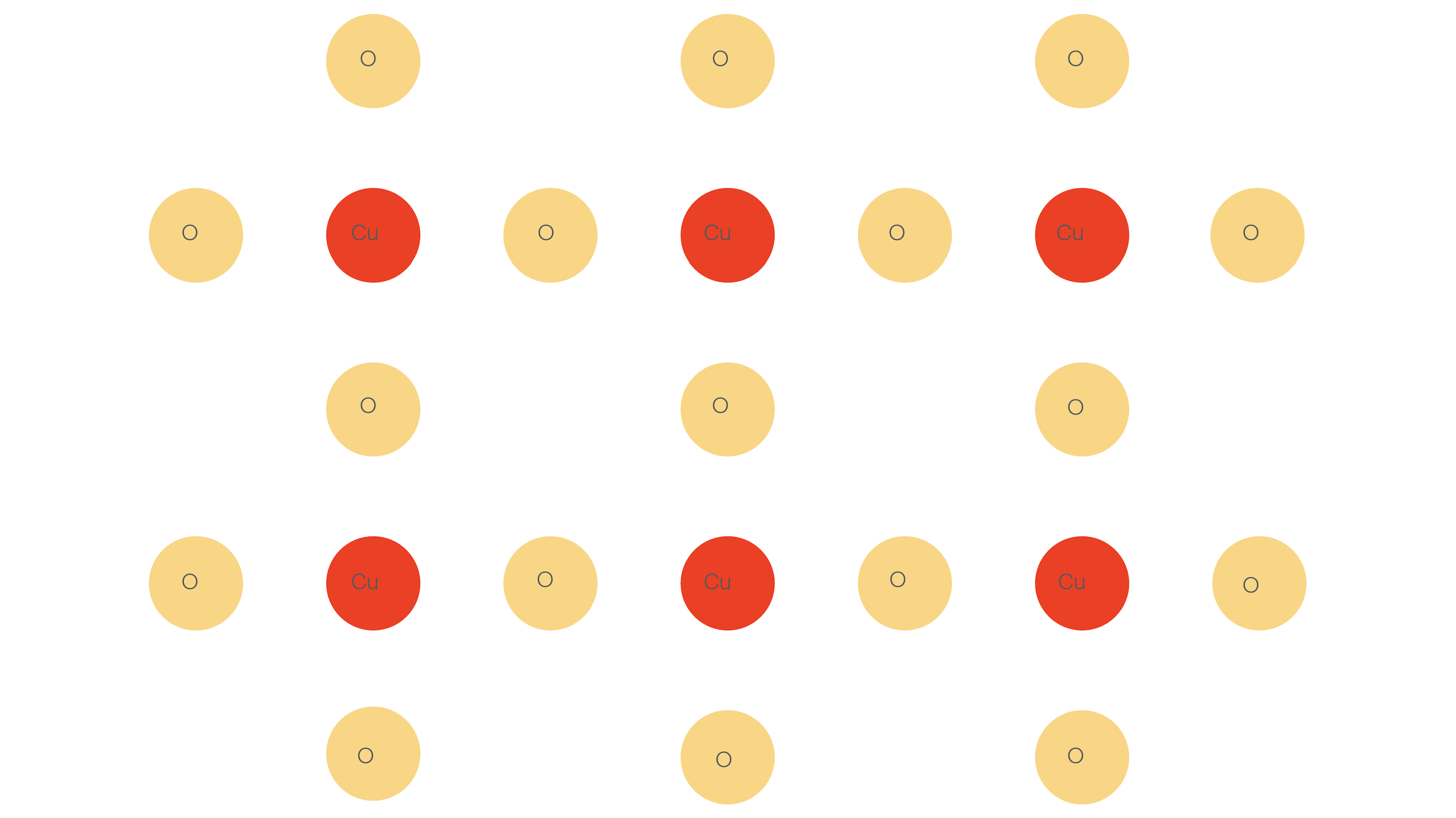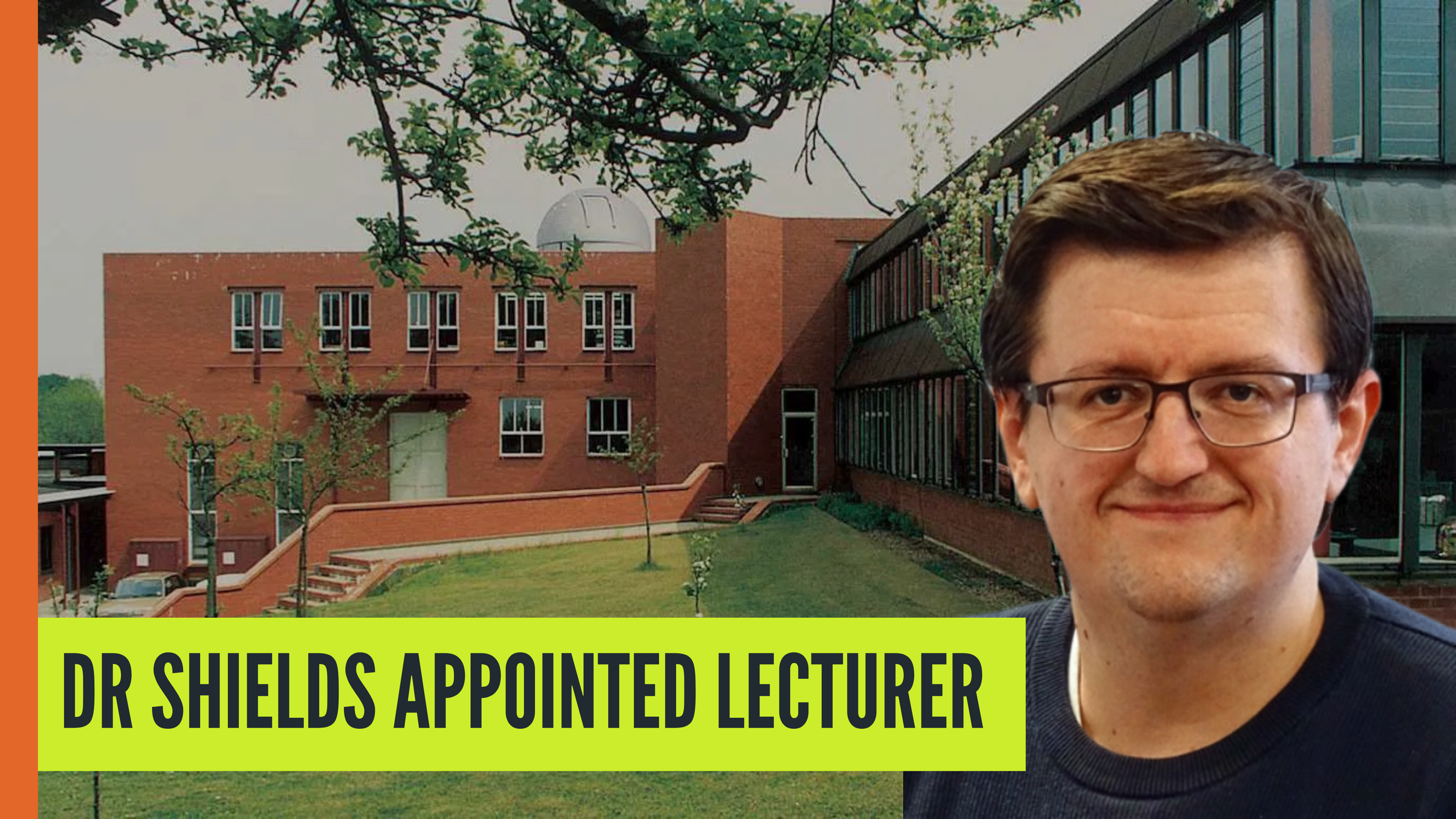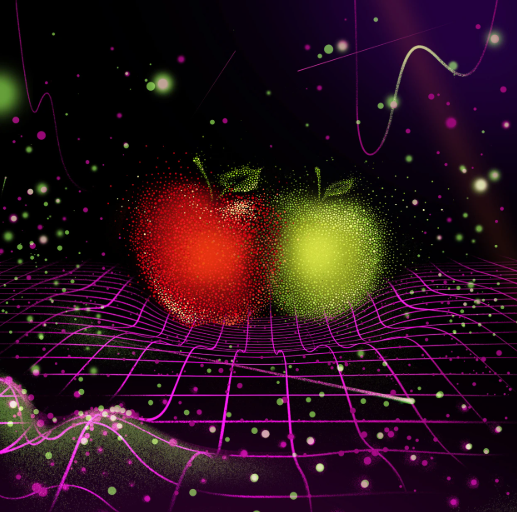Scientists from Royal Holloway’s Physics Department are among the thousands of researchers worldwide honoured with the 2025 Breakthrough Prize in Fundamental Physics, awarded to the ATLAS Collaboration at CERN's Large Hadron Collider (LHC) alongside its sister experiments ALICE, CMS and LHCb.
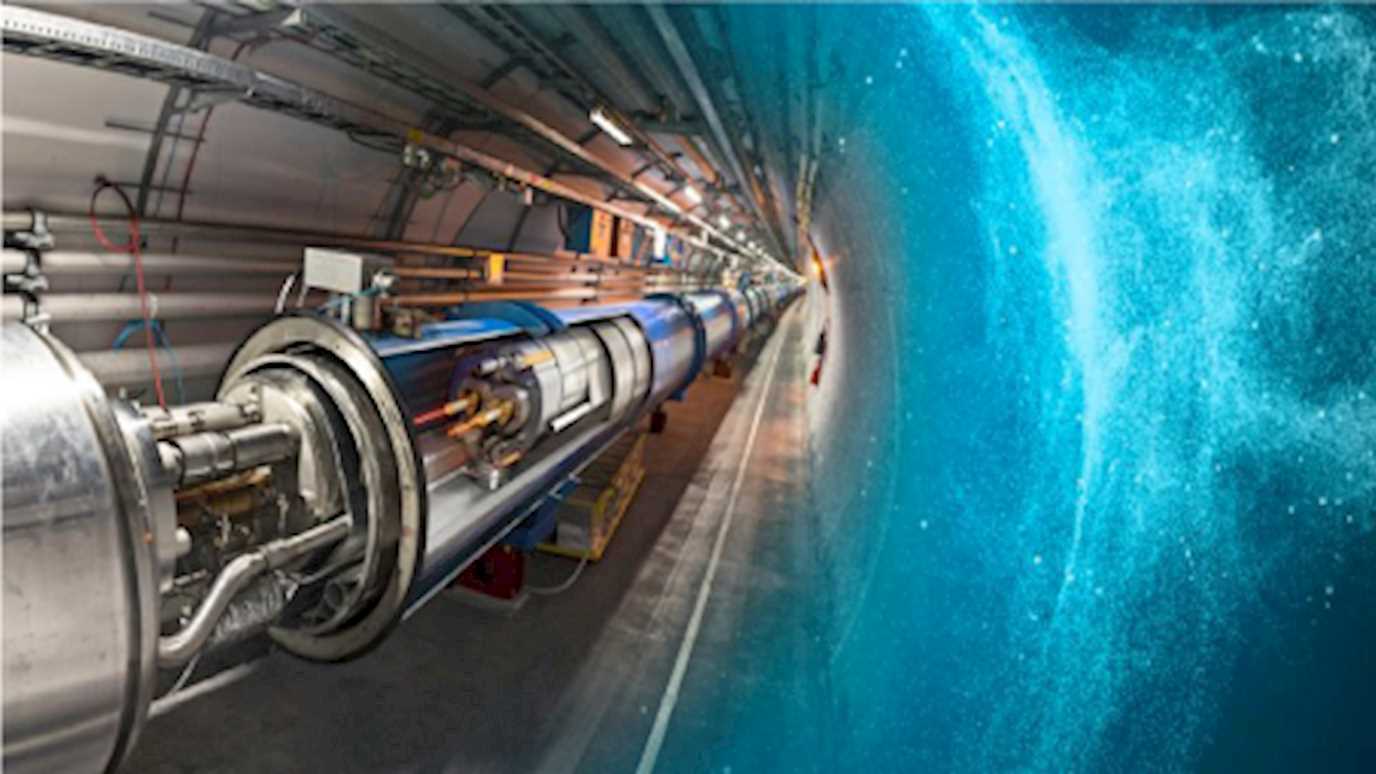
ATLAS is one of the largest and most complex scientific instruments ever built. As a general-purpose particle detector measuring over 40 metres in length and around 25 metres in height, it was designed to investigate the fundamental building blocks of matter and the fundamental forces governing our universe. Its cutting-edge systems track particles produced in particle collisions at unprecedented energies, enabling discoveries like the Higgs particle and searches for new physics beyond the Standard Model.
The Breakthrough Prize specifically highlights the ATLAS Collaboration’s significant contributions to particle physics, including detailed measurements of Higgs boson properties, studies of rare processes and matter-antimatter asymmetry, and the exploration of nature under the most extreme conditions.
“The Breakthrough Prize is a testament to the dedication and ingenuity of the ATLAS Collaboration and our colleagues across the LHC experiments,” said ATLAS Spokesperson Stephane Willocq. "This prize recognises the collective vision and monumental effort of thousands of ATLAS collaborators worldwide.”
“I am extremely proud to see the extraordinary accomplishments of the LHC collaborations honoured with this prestigious Prize,” said Fabiola Gianotti, Director-General of CERN. “It is a beautiful recognition of the collective efforts, dedication, competence and hard work of thousands of people from all over the world who contribute daily to pushing the boundaries of human knowledge.”
The Royal Holloway Physics department is one of the founding members of the ATLAS collaboration. Our major contributions are in the design of the high-level trigger and data acquisition systems, as well as in exploiting the physics opportunities ATLAS does provide.
"Our team's work on novel statistical data analysis techniques exemplifies the innovation driving ATLAS forward," said Professor Stephen Gibson, Head of Physics and Accelerator Group leader at Royal Holloway. "This recognition affirms the impact of our contributions and inspires us to continue exploring the universe’s most fundamental questions."
"The successes of Run 2 showcase the ingenuity of the ATLAS Collaboration — not only in collecting data with a detector of outstanding precision, but also in our relentless drive to improve our understanding of it," said Andreas Hoecker, former ATLAS Spokesperson.
“I am extremely proud of our group’s contributions to the analysis of the Run 2 dataset, mentioned by this prestigious prize. These included precision measurements in the area of top quark physics and Higgs physics as well as searches for new particles. The contributions of our early career researchers were essential to achieving these results,” commented Professor Veronique Boisvert, Centre for Particle Physics & Astronomy Group Leader at Royal Holloway.
Professor Pedro Teixeira-Dias has led the Higgs particle research group at Royal Holloway and is the Principal Investigator of the consortium of 15 UK institutes that are part of the ATLAS experiment, he added: "During Run-2 researchers at Royal Holloway have been key contributors to searches for new and rare modes of Higgs particle production as well as the detailed characterisation of the properties of the Higgs particle."
While the ATLAS Collaboration celebrates the recognition of the Breakthrough Prize, its focus remains firmly on the future. The third operation period of the LHC is currently underway and preparations for the High-Luminosity LHC upgrade are advancing rapidly. Royal Holloway’s team of physicists is deeply involved in preparing ATLAS for its next chapter. They are leading the development of critical software for the ultra-fast trigger system for the High-Luminosity LHC, which will increase collision rates tenfold when it begins operation in 2030.
“We are now preparing the ATLAS detectors of the future — designed to harness these unprecedented data and further push our understanding of the universe’s fundamental building blocks,” concludes Willocq.
Find out more on Royal Holloway Atlas Particle Physics Research Group:
General links:










